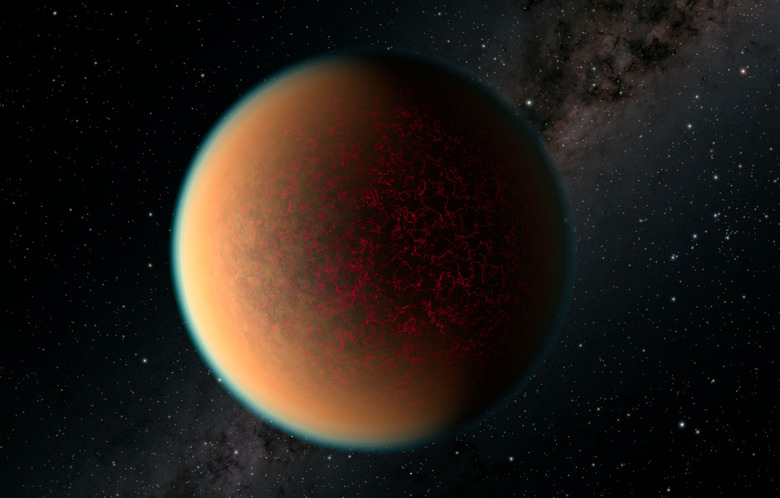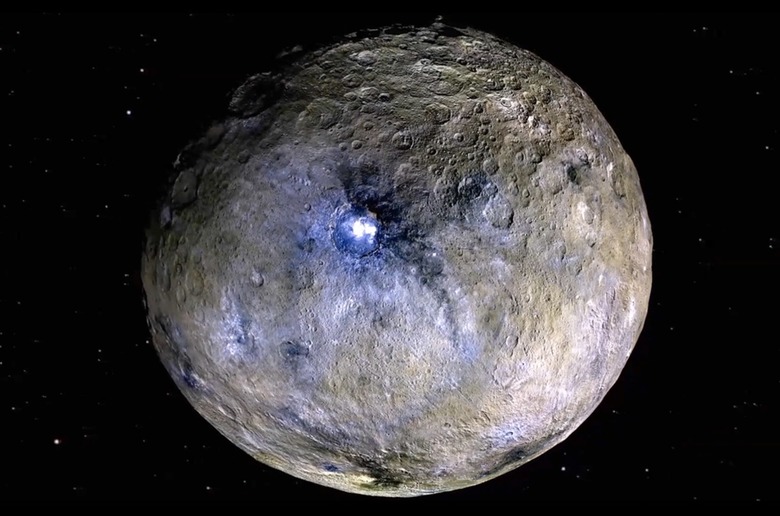Astronomers Discovered A Massive Group Of Rogue Planets Without A Star
Space is a cold, dark place, and sometimes we're reminded of just how cold and how dark it can be. Thanks to new research published in Nature Astronomy this week, we now know that astronomers have discovered a group of up to 170 rogue planets free floating through space. Rogue planets, or rogue worlds, are essentially planets that don't orbit a star. Thus, they float aimlessly through space without any driving orbit path. The data from the study is based on new images from the European Southern Observatory. Once completely decoded it could give us a bit more insight into just how big our galaxy actually is.
Rogue planets aimlessly wander through space
Researchers haven't confirmed that all 170 discoveries are planets. However, they say that there could be billions of rogue planets floating throughout the Milky Way.
According to a news release, rogue planets are some of the most elusive cosmic objects we have found in space. Because they are so big, and they aren't near any kind of star, they are harder to detect. In fact, they are so hard to detect that the team had to use data captured over the course of 20 years to discover so many.
"We did not know how many to expect and are excited to have found so many," Núria Miret-Roig, an astronomer at the Laboratoire d'Astrophysique de Bordeaux, France and the University of Vienna, Austria, said in the press release.
"We measured the tiny motions, the colours and luminosities of tens of millions of sources in a large area of the sky. These measurements allowed us to securely identify the faintest objects in this region, the rogue planets."
The researchers say that they have discovered at least 70 new rogue planets using the data. However, there's a possibility of up to 170 based on the observations they made.
Why worlds start free floating through space
According to astronomers, rogue planets can be born as virgin planets, or they can be expelled from their orbits. Expulsions happen when the star deteriorates and eventually dies, leaving the planets without anything to orbit. Other rogue worlds are made by the creation of systems that can't form a star. When that happens, the planets go rogue and begin wandering aimlessly through the dark of space.
The exact number of rogue worlds found throughout the Milky Way is unknown. And researchers are working to completely determine how much the data they recently used showcases. The idea that billions of massive planetary bodies could be just free-floating in space is yet another intriguing thing about the cold darkness that surrounds our world.


